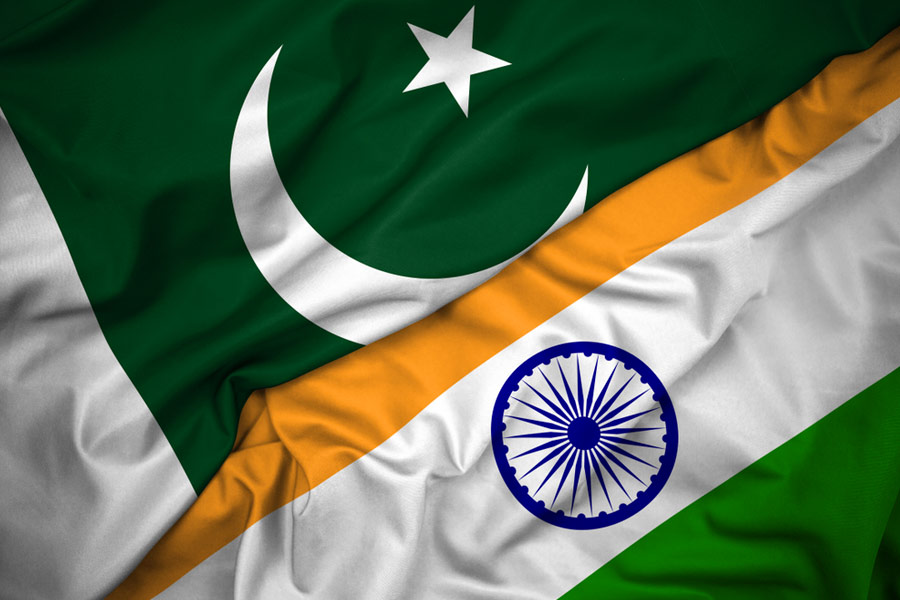The guns and the drones that India and Pakistan had used to target each other in the last few days had fallen silent — but only for a while. The Indian foreign secretary had initially confirmed on Saturday evening that New Delhi had agreed to stopping hostilities after an overture from Pakistan’s director-general of military operations. The president of the United States of America, who congratulated both nations for their use of common sense to avoid further military escalation, had posted on his social media platform that the ceasefire was apparently the result of a “long night of talks”. Whatever may have taken place, the means had justified the end. What should be prioritised now is the bolstering of this tenuous peace so that it achieves a more durable form. But the swift violations of the agreement to hold down fire brings into question Pakistan’s commitment to peace. Islamabad must be a willing partner in the pursuit of a path of sanity and stability. The world, already suffering on account of an era of war, cannot afford another theatre of conflict between two nations with nuclear weapons.
If the ceasefire does hold eventually, there would be several takeaways for New Delhi from this particular chapter of military escalation with Pakistan. India will take confidence from the military abilities that it demonstrated in the course of the hostilities. India not only targeted terror infrastructure across the border without crossing the border but also met Pakistan’s aggression resolutely. These military capacities need to be built on in the days to come. The military’s performance was complemented by the decisiveness of the country’s political leadership. The prime minister’s decision to give the Indian military leadership a free hand in the matter must be lauded. The Opposition, too, stood by the army and the government: this was a hallmark of maturity in a country marked by competitive politics. That ordinary Indians, including countless people in Kashmir, spoke in one voice, denouncing the horror in Pahalgam — the match that lit the flame in this instance — provided further fillip to India’s political and military leadership.
However, after the dust settles on another military confrontation between two neighbours, there are questions that the country should not shy away from. Among these are the attempts to communalise a tragedy such as Pahalgam: this goes against the project of national unity that has helped India weather many a storm. Equally relevant are queries regarding the need to improve domestic security and intelligence as well as the establishment of a credible deterrence against India’s mischievous western neighbour. This deterrence, it is evident, cannot rest solely on the occasional military intervention. The bloodshed in Pahalgam took place despite Balakot in 2019 and the cross-border surgical strikes in 2016. A combination of military, economic, diplomatic and strategic retaliation must be framed and sustained to keep nefarious designs on India at bay. The aftermath of Pahalgam was, after all, one battle in a long war.










